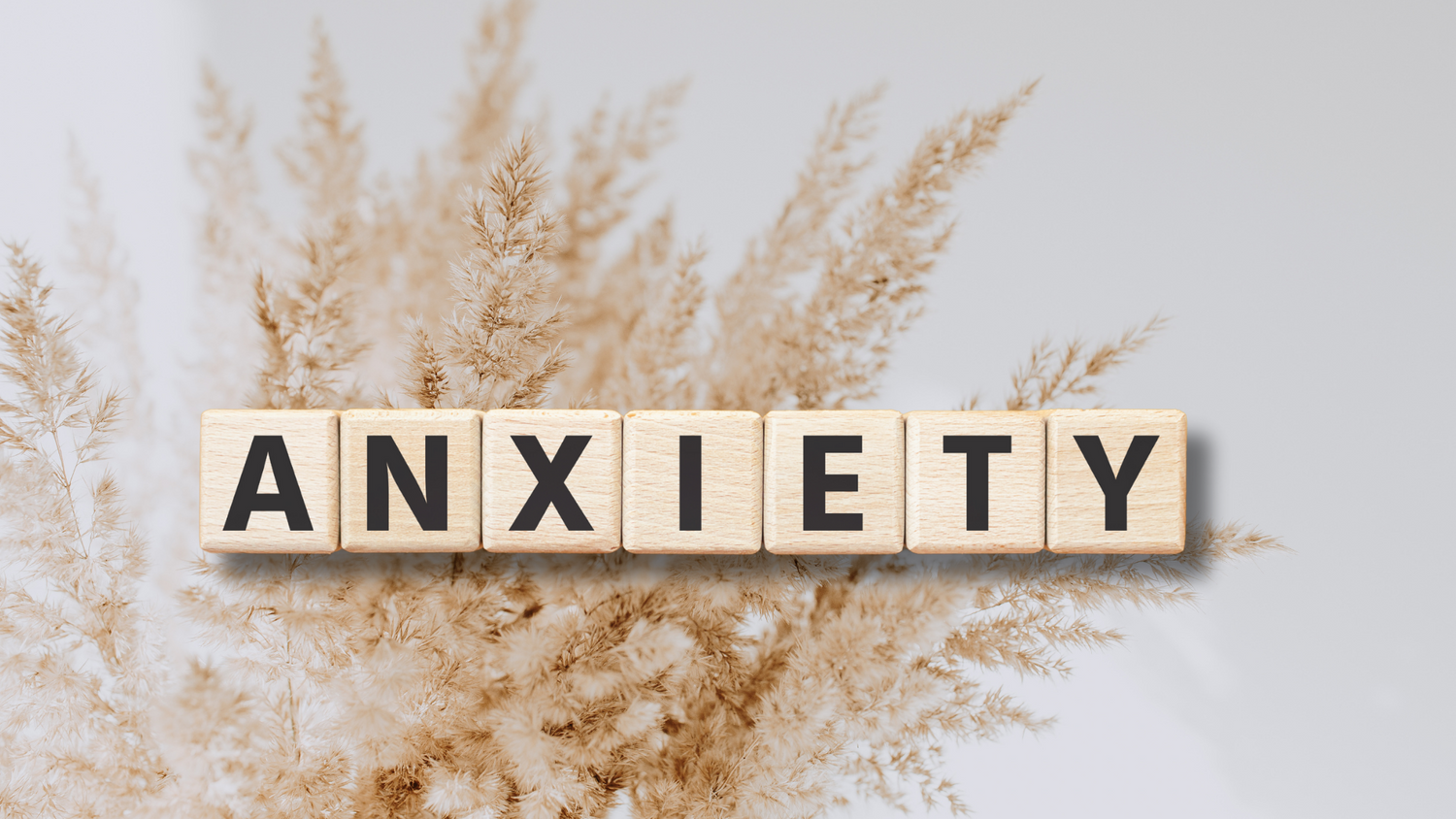Perimenopause is a natural phase in a woman's life that marks the transition to menopause. During this time, which typically occurs in the late 30s to early 50s, hormonal fluctuations can bring about a range of symptoms. While some women may sail through this period with little to no discomfort, others may experience a variety of symptoms that can be challenging to identify as perimenopause-related. In this article, we'll explore a wide range of perimenopause symptoms and shed light on why women may encounter them.
-
Irregular Periods: One of the hallmark perimenopause symptoms is irregular menstrual cycles. Your periods may become shorter, longer, heavier, lighter, or more unpredictable as hormonal changes impact ovulation and the menstrual cycle.
- Hot or Cold Flashes: Sudden surges and drops in hormones can lead to hot flashes or cold flashes, causing intense feelings of warmth or chills, often accompanied by sweating or shivering.
-
Night Sweats: Night sweats are similar to hot flashes but occur during sleep, leading to excessive perspiration that can disrupt restful slumber.
-
Insomnia: Hormonal imbalances and night sweats can contribute to difficulty falling or staying asleep, leading to insomnia and fatigue.
-
Vaginal Dryness: Declining estrogen levels during perimenopause can cause the vaginal walls to thin and become less lubricated, resulting in vaginal dryness and discomfort.
- Mood Swings: Fluctuating hormones may impact neurotransmitters, leading to mood swings, emotional sensitivity, and feelings of sadness or irritability.
-
Weight Gain: Hormonal changes and metabolism slowdown can contribute to weight gain, especially around the abdomen.
-
Vaginal Atrophy: Reduced estrogen levels can also lead to vaginal atrophy, causing the vaginal tissues to become thinner, drier, and less elastic.
-
Depression: Hormones influence mood regulation, and perimenopause may bring about an increased risk of experiencing depression in some women.
-
Anxiety: Fluctuating hormones can trigger anxiety, leading to feelings of restlessness, unease, or worry.
-
Loss of Confidence: Emotional changes during perimenopause can impact self-esteem and lead to a sense of reduced confidence.
-
Panic Attacks: Some women may experience sudden and intense anxiety attacks known as panic attacks.
-
Irritability or Rage: Hormonal imbalances may contribute to irritability or feelings of rage that seem out of character.
-
Fatigue: Sleep disturbances, hormonal changes, and emotional fluctuations can lead to persistent fatigue during perimenopause.
-
Brain Fog: Memory lapses, difficulty concentrating, and mental fogginess may occur due to hormonal changes affecting cognitive function.
-
Decreased Libido: Fluctuating hormone levels can lead to a decline in sexual desire or changes in sexual response.
-
Tingling or 'Pins and Needles': Hormonal fluctuations may impact nerve function, leading to tingling or 'pins and needles' sensations.
-
Burning Mouth: Some women may experience a burning sensation in the mouth due to hormonal changes affecting oral tissues.
-
Electric Shock Sensations: Occasionally, perimenopausal women may feel brief electric shock-like sensations in different parts of the body.
-
Itchiness: Dry skin and changes in skin elasticity can cause itchiness during perimenopause.
-
Joint Pain: Reduced estrogen levels may contribute to joint pain and stiffness.
-
Muscle Tension and Aches: Hormonal changes can lead to muscle tension and aches, often in the neck, shoulders, or back.
-
Breast Tenderness: Fluctuating hormones can cause breast tenderness and discomfort.
-
Headaches: Some women may experience more frequent or intense headaches during perimenopause.
-
Food Sensitivities/IBS (Irritable Bowel Syndrome): Hormonal fluctuations can affect digestive function, leading to food sensitivities or irritable bowel symptoms.
-
Food Cravings: Changes in hormones can trigger food cravings, especially for sugary or salty foods.
-
Dry Skin: Declining estrogen levels can lead to reduced skin moisture, resulting in dry skin.
-
Bloating: Hormonal changes and slowed digestion can cause bloating and abdominal discomfort.
-
Thinning Hair: Perimenopause can lead to hair loss or thinning due to hormonal imbalances affecting hair follicles.
-
Brittle Nails: Hormonal changes may impact nail health, causing them to become brittle.
-
Bladder Incontinence: Reduced estrogen levels can weaken the pelvic floor muscles, leading to bladder control issues.
-
Dizzy Spells: Hormonal fluctuations can sometimes cause dizziness or light headedness.
-
New or Worsening Allergies: Hormonal changes may influence immune function and trigger new or worsened allergies.
-
Osteoporosis: Reduced estrogen levels can accelerate bone loss, increasing the risk of osteoporosis.
-
Irregular Heartbeat: Fluctuating hormones can affect heart function, leading to irregular heartbeats in some women.
-
Clumsiness: Hormonal changes may impact coordination and lead to a sense of clumsiness.
-
Dry Eyes: Declining estrogen levels can cause dryness and discomfort in the eyes.
-
Flooding: Irregular periods may sometimes lead to heavy menstrual bleeding known as flooding.
-
Acne: Hormonal fluctuations can cause adult acne, especially along the jawline and chin.
- Body Odour: Changes in hormone levels may influence sweat production and body odour.
Perimenopause is a natural and inevitable phase of a woman's life, and while some women may experience only a few symptoms, others may encounter a broader range of challenges. Being aware of these symptoms and understanding the connection to perimenopause can help women navigate this transitional period with greater ease and seek appropriate support when needed.
As always, consulting with a healthcare professional can provide personalized guidance and relief during perimenopause.





